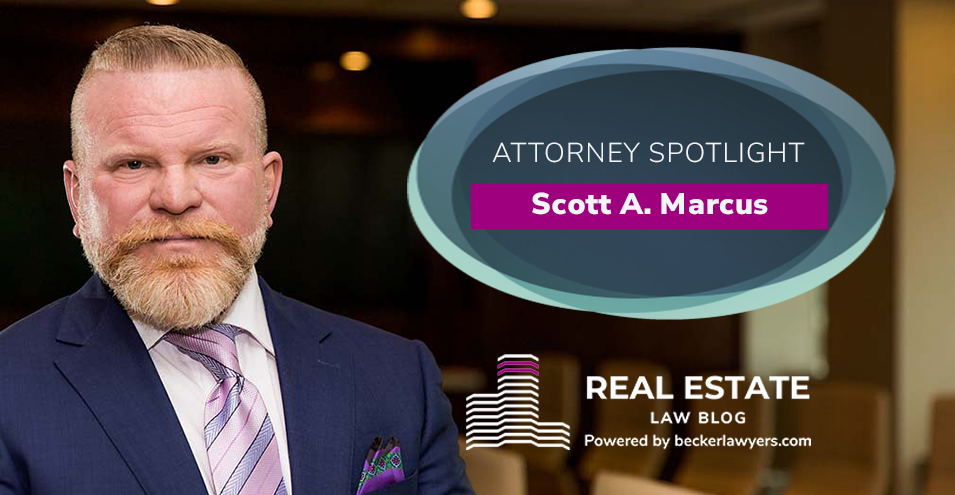
Attorney Fees with Respect to Brokerage Commissions
Q: If I have to sue for payment of my brokerage commission, will I be paid for my attorneys’ fees?
A: In Florida, and most jurisdictions throughout the United States, the prevailing party in a lawsuit is not automatically entitled to an award of their attorneys’ fees incurred in the course of the case.
The two most common grounds for asserting an attorneys’ fees claim are that the suit concerns either a written contract or a statute which expressly provides for an award of attorneys’ fees to the prevailing party. While there are other grounds for making a fees claim in Florida, these are far and away the two most prevalent.
In terms of claims for unpaid commissions, a good starting point would be to review your listing agreement to ensure that it includes an attorneys’ fees provision, as nearly all listing agreements do. Please note, if a contract provides for prevailing party fees to only one of the parties, Florida statutes provide that any party to the contract who prevails in a lawsuit concerning its breach, will be entitled to a fees award.
If it ultimately becomes necessary to file suit to obtain your commission, you will need to specifically plead your claim for an award of attorneys’ fees.
The next step, which may seem obvious, is that you need to win the case. While, in some cases, such as suits which involve more than one claim, or which involve competing claims between the parties, the question of who has actually “won” the suit may not be obvious, for our purposes, let’s assume that you are clearly the prevailing party.
Once you’ve won the case, you’ll need to file a motion with the court, within 30 days after judgment is entered in your favor, asking the judge to award your reasonable attorneys’ fees incurred in the litigation.
The next fight will be over what is reasonable, since only reasonable fees will be awarded.
The court’s “reasonableness” determination will involve an evidentiary hearing at which the court will hear testimony from the parties, from counsel, and usually from one or more expert witnesses, who are usually experienced attorneys. The court will also review the case file and the legal invoices to determine whether your attorney’s hourly rate was reasonable, and whether your attorney spent a reasonable amount of time on the case. While you will need to hire an expert to review the case file and testify at the hearing as to the reasonableness of the fees, the costs of that expert will usually be included in any fees judgment entered against your opponent.
A reasonable hourly rate multiplied by a reasonable number of hours spent on the case, will determine the reasonable amount of legal fees to be awarded. What is reasonable will turn on factors such as the type of case, the complexity of the issues, and generally how actively the case was litigated.
Since certain legal fees, even though properly charged in accordance with the engagement agreement between you and your attorney, may not be recoverable from the court, and since the court has broad discretion to reduce the amount of properly charged fees in entering its award, you should not expect to be awarded 100% of your out-of-pocket fees and costs, even if you prevail in the case. Expecting to be awarded between 60% and 80% of your fees is a safer bet.
Lastly, keep in mind that since any judgment for attorneys’ fees is only as good as your ability to collect the money from your opponent, you should always factor your opponent’s financial wherewithal into your decision to sue.




No Comments